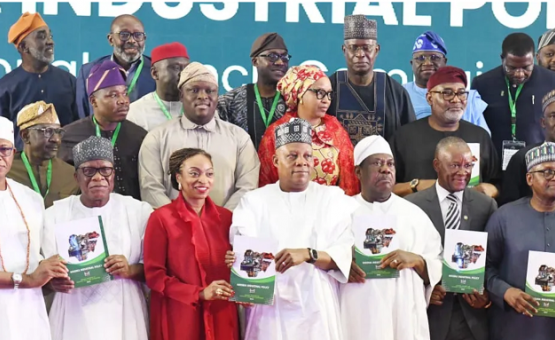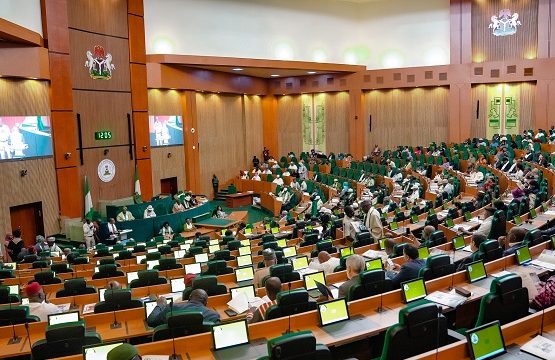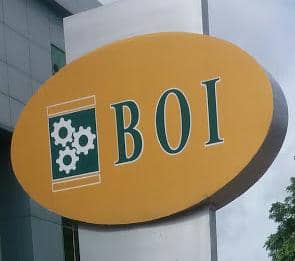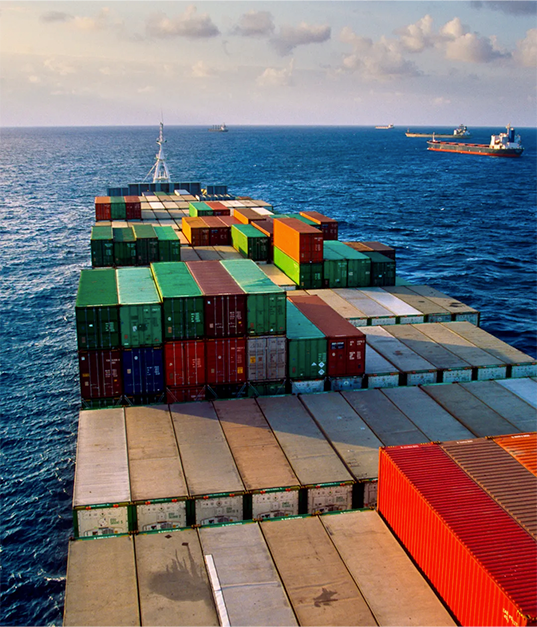The Manufacturers Association of Nigeria (MAN) is reaching out to the Federal Government with a request for immediate engagement with the Nigeria Customs Service to reconsider the implementation of the 4% Free-on-Board Levy and the NPA’s 15% Ports Tariff.
Segun Ajayi-Kadir, the Director-General of MAN, emphasized the need for collaboration on Tuesday, expressing the Association’s concerns about these policies.
He noted that during this challenging period, all governmental bodies should be exploring avenues to reduce the cost of doing business in Nigeria, similar to initiatives seen in other economies.
“We kindly urge Mr. President to facilitate discussions between Customs, the NPA, and relevant stakeholders, including the Presidential Committee on Fiscal Policy and Tax Reform. This alignment is essential to support the government’s ongoing reform agenda,” Ajayi-Kadir said.
He also highlighted the challenges industries face due to rising import duty calculations at this time.
“We had hoped that the Customs would prioritize trade facilitation amid the current economic climate rather than inadvertently increasing production costs,” he remarked.
The statement noted, “We are concerned about the broader implications for the economy, such as declining productivity, rising unemployment, and potential increases in criminal activities and insecurity.
Moreover, these changes could adversely affect the disposable income of over 220 million Nigerians.” “By the government’s objective to streamline fiscal policies and foster a business-friendly tax regime,
We anticipated a relaxation of regulatory fees,” Ajayi-Kadir added.
He reiterated, “All government institutions should collectively strive to lower the cost of doing business, expand business opportunities, and enhance the nation’s revenue base.”
The Association’s concerns regarding the new levy are based on several factors:
1. The current customs duty exchange rate, coupled with the new levy, could further increase the cost of imported raw materials, which have already seen a significant rise.
2. The new levy could lead to supply chain disruptions, raw material shortages in manufacturing, increased demurrage costs, and a decline in the competitiveness of Nigerian manufacturers.
3. Given the historic inflation rate of 34.8 percent, the implications on the prices of locally produced goods are likely to be swift and profound.
4. The introduction of this levy may seem misaligned with the principles of the ongoing Fiscal Policy and Tax Reforms aimed at easing the tax burden for households and businesses.
5. Alongside existing fees and duties, the new Customs Operations levy could elevate the overall transaction costs for imports, adding to the existing challenges faced by manufacturers.
6. Additionally, the new levy may unintentionally encourage smuggling and other trade infractions, which have historically posed challenges for the Customs Service.
7. The government’s objectives to enhance forex earnings through non-oil exports may be compromised, as many manufacturers depend on imports for essential inputs.
8. Finally, implementing this levy could hinder Nigeria’s aspirations to become a preferred investment destination and an industrial hub in the West African region.










